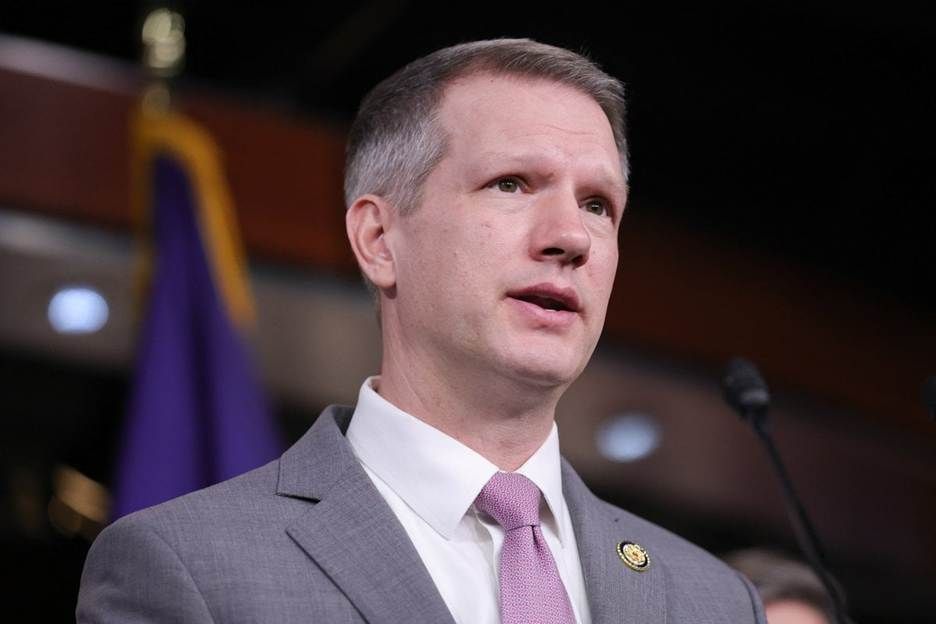
US lawmaker, Riley Moore. Photo: AFP
United States Congressman Riley Moore announced on Thursday that he plans to introduce a new resolution in the House of Representatives condemning what he described as the “ongoing persecution of Christians in Nigeria.”
In a post shared on his official X account, Moore said the measure would also express support for President Donald Trump’s efforts to defend persecuted Christians around the world.
“Tomorrow I will introduce a new resolution condemning the ongoing persecution of Christians in Nigeria and supporting President Trump’s efforts to defend our brothers and sisters in Christ.
“Thousands have been killed for their faith — and the world has looked away for far too long,” Moore wrote.
Moore had earlier praised Trump’s leadership on the issue and said he was honoured to take on the initiative in Congress.
“Thank you, President Trump, for your incredible leadership in defending all persecuted Christians in Nigeria.
“I am grateful for your trust in me to lead this effort in the House alongside Chairman Tom Cole,” he said.
Trump, in a post on his Truth Social platform last Friday, framed Christianity in Nigeria as facing an “existential threat” from radical Islamists.
“Thousands of Christians are being killed. Radical Islamists are responsible for this mass slaughter. I am hereby making Nigeria a ‘country of particular concern,’” he wrote.
He added that the United States “cannot stand by while such atrocities are happening” and pledged that his administration would “stand ready, willing, and able to save our great Christian population around the world.”
Trump called on members of Congress to investigate the situation, directing Congressman Moore, Chairman Tom Cole, and the House Appropriations Committee to report back to him.
However, the Federal Government has dismissed the allegations. President Bola Tinubu has consistently maintained that Nigeria protects religious freedom.
The Minister of Information and National Orientation, Mohammed Idris, said during a press briefing in Abuja on Wednesday that the US assessment was based on “misrepresentation and misinformation” about Nigeria’s security situation